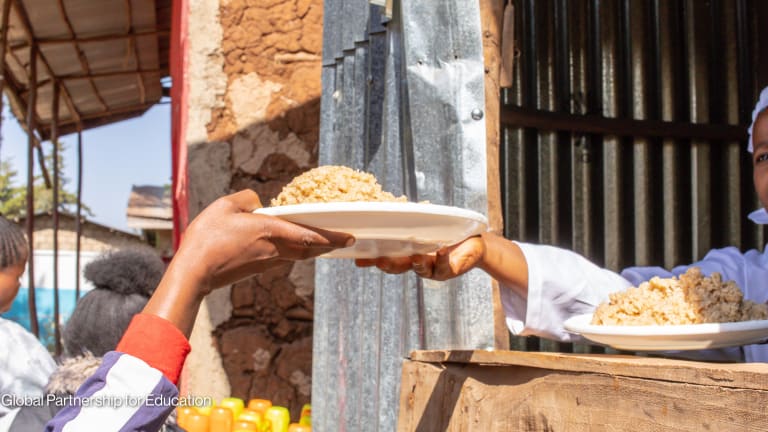
A joint post with Ranjitha Puskur, senior scientist for policy, economics, and social science at WorldFish
Rural women, who are mainly farmers, represent more than a quarter of the world’s population. Their lives are hard. Most work as small-scale farmers with no job security or benefits.
These women are 50 percent more likely than men to be chronically hungry. Yet, they spend 20 percent more time working. Inheritance laws and biased land reforms deny them access to resources they need to improve their lives with women owning only 1 percent of the land.
This situation, which persists in so many parts of the world, clearly speaks to deep-rooted problems. It is time for systemic change.
We must work much more determinedly to shift the cultural norms and beliefs that thwart a woman’s ability to learn, work, and successfully control her own life. In particular, that means focussing on what men think and do, and working with them to shift their mindsets and attitudes.
Development projects have predominantly focused on why and how investing in women can help raise agricultural productivity and production and lead to enhanced food security and reduced hunger. But, it is time to think more deeply about how agriculture needs to be transformed to achieve the goals of equitable development and give rural women their fair share.
It is often assumed that overall economic growth will lead to gender equality. But empowerment is a complex and multidimensional process; simply relying on economic growth to do the job is not enough. Instead, we need a more complete approach that addresses the full range of economic, civil, political, social, and cultural challenges that women face.
Gender-transformative approaches are the key to this deeper change. Attitudes and beliefs determine what actions society takes, whether it is a policymaker drafting gender-biased legislation, a husband keeping his daughter at home, or of a community that only allows men on its governance council. We can only achieve systemic change by working to shift those attitudes, and showing how much better life can be for everyone when we do.
First, we need to transform the agricultural research and development agenda to integrate efforts to redress gender disparities in resources, markets and technologies with complementary actions to address underlying social norms and power relations. Research and development efforts need to address economic success and agency in the short term and aim to change power relations and structures in the medium to longer terms.
Second, we need effective policymaking related to gender and development. Even in cases where policies do exist, their implementation is fraught with challenge. Resources allocated to translating policies into programs and public awareness is limited, and the capacity in ministries at various levels often remains low.
Third, we need to look beyond conventional development approaches and build stronger partnerships between those in media, health and education. Only then can we better tackle transformative change.
Finally, men must be included in the solution. Unless this is done, the underlying social norms and attitudes and unequal power relations cannot be changed. If rural women are to be given the ability to feed themselves and prosper, these structures must be transformed.
Today, on International Rural Women’s Day, we must acknowledge the critical role rural women play in creating global food security. Countries that have achieved substantial development progress have focused first on the development of small-holder agriculture. Combining investments to improve access by women farmers to resources, knowledge and services with gender-transformative programs that work to shift social norms and beliefs are essential investments for both governments and development agencies if we are to achieve to development outcomes to which we all aspire.
Read more development aid news online, and subscribe to The Development Newswire to receive top international development headlines from the world’s leading donors, news sources and opinion leaders — emailed to you FREE every business day.








